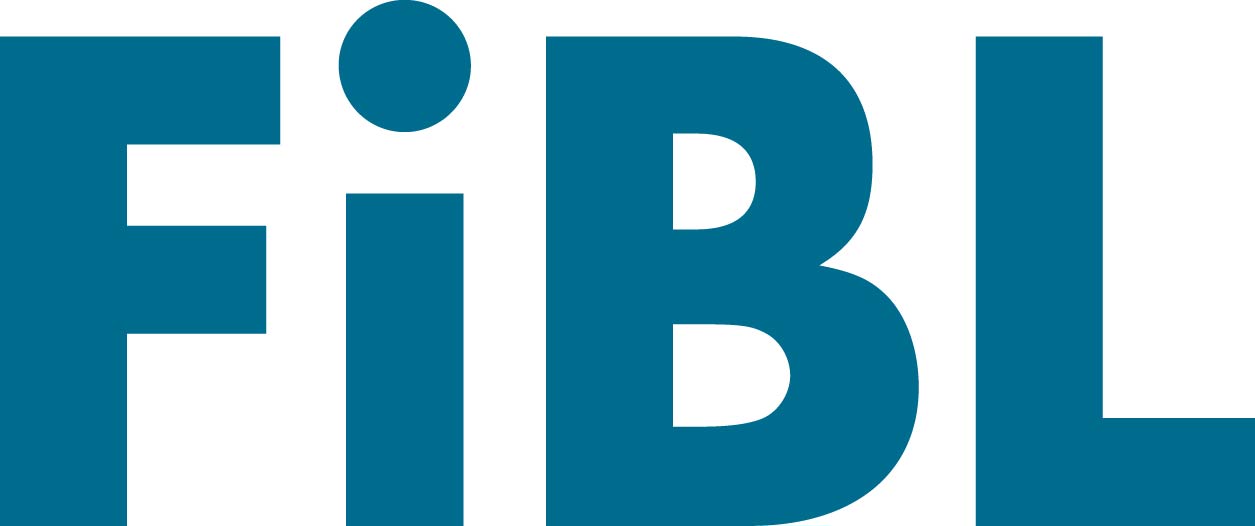Forschungsinstitut für biologischen Landbau (FiBL)
Selected Topic
Promoting sustainable production and food sovereignty, Strengthening vulnerable groups.
Project Description
According to the High Level Panel of Experts on Food Security and Nutrition of the FAO (HLPE) are new approaches needed to address the challenges global food systems are facing. “Agroecology and organic agriculture are two such approaches that are gaining attention. They may be particularly well positioned to address the myriad of challenges in our changing world given that their principles and technologies are based on the sustainable use and recycling of renewable resources, equitable social innovation, reconnecting production and consumption, and addressing global concerns and local dynamics. An increasing body of evidence indicates the potential of these approaches, and an increasing number of high-level experts consider this evidence to be “compelling” (HLPE, 2019). The HLPE concluded in its report that what remains is to expand upon this evidence, while at the same time making it more accessible to those in decision-making positions. It is only via this intersection between science and policy that barriers to the adoption of these approaches can be identified and dismantled, and a broader audience educated and empowered to utilise them effectively (HLPE, 2019).
Such evidence as well as training material targeting smallholder farmers in the tropics are the outcome of the ‘long-term farming systems comparison in the tropics (SysCom)’ programme. FiBL is implementing SysCom together with partners from Bolivia, Kenya and India to enhance know-how on potentials and limitations of different agricultural production systems in the three tropical countries. Sound evidence is obtained primarily from the long-term experiments that compare different agricultural production systems (mainly organic and conventional) in Kenya, India and Bolivia. These long-term experiments are complemented with participatory on-farm research (POR), which develops technological innovations and management practices adapted to local farmers’ conditions with a special focus on smallholder conditions.
In January 2024 FiBL will be launching a policy brief entitled “Promising effects of system change” with a view to multiple global crises (i.e., climate change, loss of natural resources soil, biodiversity and food security). The policy dossier describes selected FiBL research results, mainly from Africa, complemented with other international research results and experiences from development cooperation, with the aim of creating an interface between science and policy. The target audience for the policy dossier is decision-makers and experts in the context of international cooperation, from politics to authorities such as representatives or contact persons in the embassies of partner countries. The document is being elaborated with the support of the global project “Knowledge Centre for Organic Agriculture in Africa” commissioned by: German Federal Ministry for Economic Cooperation and Development (BMZ).
Beyond that FiBL will also present training materials and approaches for smallholder farming communities describing the findings from the comparative research as well as the manifold innovations developed in the 15 years of participative research. Based on scientific evidence FiBL the material describe best-practice pathways to successful organic and agrocological farming considering economic viability, environmental soundness, and social inclusiveness.
About the Institution
The Research Institute of Organic Agriculture FiBL is one of the world’s leading institutes in the field of organic agriculture. Its locations are situated in Switzerland, Germany, Austria, Hungary (ÖMKI), France and a representation in Brussels through FiBL Europe. FiBL’s strengths lie in interdisciplinary research, innovations developed jointly with farmers and the food industry, solution-oriented development projects and rapid knowledge transfer from research into practice. FiBL has expertise in all areas related to organic farming: soil management and plant production, animal welfare and holistic animal health, socioeconomy, organic food processing and comprehensive analysis of the organic market. Along with practical research, FiBL places a high priority on advisory work, training courses and providing technical expertise (studies, technical leaflets, websites). FiBL has long been committed to the international development of organic agriculture, e.g. with IFOAM – Organics International. For research and development projects, FiBL partners with the European Union (EU), the Food and Agriculture Organization (FAO) and other national and international institutions. FiBL facilitates the development of sustainable agriculture in Africa, Asia, Latin America and Eastern Europe in close cooperation with local partners. In long-term trials, FiBL conducts research on local and organic farming systems and offers expertise in market development.
Contact Person: Beate Huber

